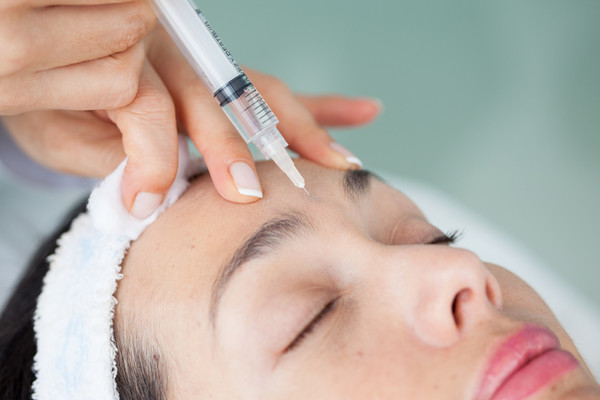The domestic botulinum toxin (BTX) drug market is going through significant changes in terms of production and import, government and business officials said.

According to the Ministry of Food and Drug Safety Friday, the production and import of 17 BTX drugs, including Botox, Botulax, Medytoxin, and Nabota, totaled 244.5 billion won ($205.6 million) last year, up 15.2 percent from 212.3 billion won in 2019.
By brand, Hugel's Botulax lineup recorded the largest output of 72.1 billion won last year, a 22.8 percent increase from 2019. By capacity, Botulax showed the best production and import performance with 47.5 billion won, followed by Botulax 200 units (22.6 billion won) and Botulax 50 units (1.9 billion won).
Botulax's production performance has steadily grown since 2015. As a result, Botulax's annual production performance showed an upward trend during this period, overtaking Medytox's Medytoxin, the previous market leader. Industry experts attributed the popularity of Botulax to accumulated trust in its maker, which marketed its product here and abroad.
The legal battle between Daewoong and Medytox also gave Hugel an upper hand in expanding their market share, they said.
Medytox's Medytoxin, which had far surpassed all BTX products for a single brand in terms of production in 2019 with 104.1 billion won, experienced a downfall last year after regulators canceled the sales license of the drug.
Due to the cancellation of its license, its production shrank by 43.9 percent to 58.4 billion won in the year. Medytox is in a bind as all six BTX preparations owned by the company are at risk of losing their sales license. In June last year, the ministry decided to revoke the approval of three items, including Medytoxin, Medytoxin 50 units, and Medytoxin 150 units, for fabricating documents.
The company managed to reverse the decision as a court ruled in favor of Medytox and ordered the government to stop the administrative punishment in August. Still, the regulator initiated an administrative disposition of revocation of product licenses for the 50, 100, 150, 200 units of Medytoxin and Coretox for selling the BTX products in China without export approval, which is a violation according to the Pharmaceutical Affairs Act.
The company's remaining BTX product Innotox also faced scrutiny from regulators, who banned the manufacture, sales, and use of the product in December last year for manipulating documents to win approval.
While the company is still marketing the products after local courts accepted its application for suspending the execution of an administrative order to nullify the license of its BTX product, the company still has to undergo a long legal battle.
Industry experts noted that it is inevitable for the company to lag in its production and import as supply was not smooth during the suspension of Medytoxin, adversely affected by the ministry's administrative disposition.
Daewoong Pharmaceutical, another major player in the local BTX market, recorded 55.5 billion won in production last year. Its BTX product Nabota marked a steep increase of 335.6 percent from 12.7 billion won in 2019.
Although the company spent most of its time last year in a legal dispute with Medytox regarding the origins of Nabota's strain, Nabota's production increased rapidly as its performance in the U.S. market sharply improved. According to Evlous, Daewoong's U.S. partner, the sales of Jeuveau, Nabota's U.S. brand name, reached $56.5 million last year, up 61.4 percent from 2019 when the product was first launched.
Besides the three major players, Huons Biopharma's Liztox also recorded an explosive production growth after recording 10 billion won last year, a 74 percent increase from 5.8 billion won 2019.
Allergan's Botox, the original BTX drug, showed poor performance after recording only $2.59 million in imports last year, less than half of the $6.04 million in 2019.
Due to sluggish import performance, Botox fell below the top 10 BTX products in production and import.

